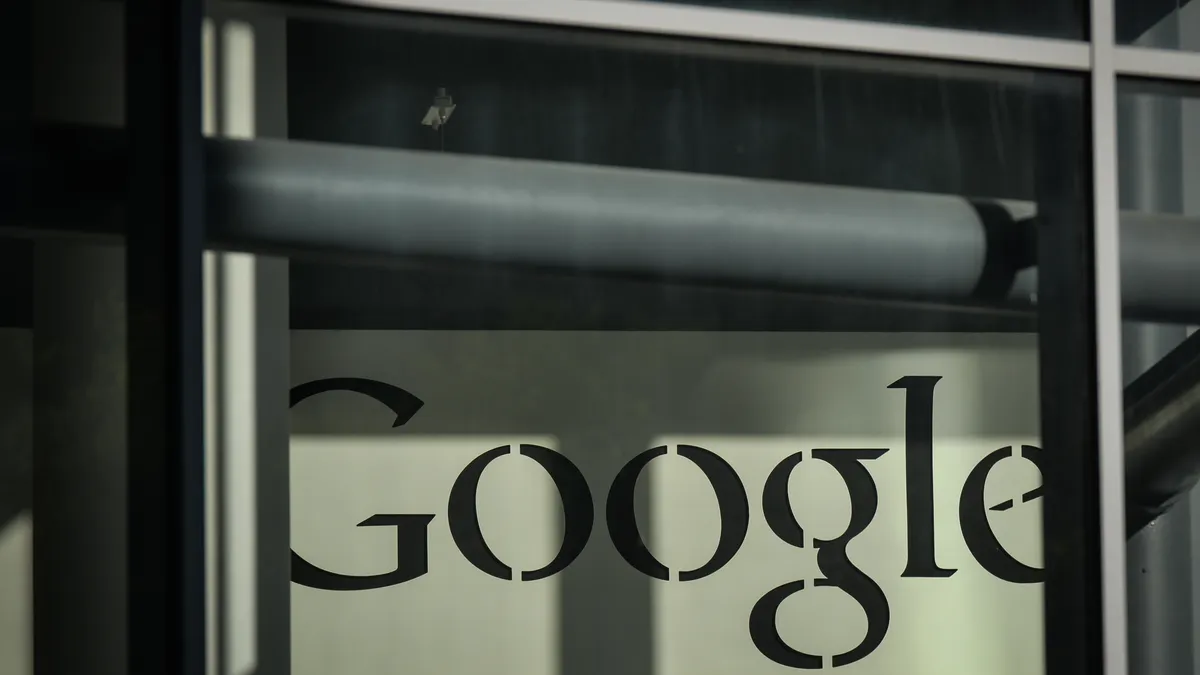Tech
Google Play Now Shows How Apps Will Use Your Data

Google launched a “Data safety” section in its Play app store on Tuesday. The feature is meant to show people safety and privacy guidelines before they download an app, such as how data is collected, protected and used.
“We heard from users and app developers that displaying the data an app collects, without additional context, is not enough,” Google said in a post. “That’s why we designed the Data safety section to allow developers to clearly mark what data is being collected and for what purpose it’s being used.”
The section shows:
- Whether the developer is collecting data, and for what purpose.
- Whether the developer is sharing data with third parties.
- The app’s security practices, like encryption of data in transit and whether users can ask for data to be deleted.
- Whether a qualifying app has committed to following Google Play’s families policy, which is designed to better protect children in the Play store.
- Whether the developer has validated its security practices against a global security standard (more specifically, the Mobile Application Security Assessment).
Google announced the Data safety section in July, and it covers both first-party and third-party app developers. The feature is similar to Apple’s “nutrition labels” for apps.
You also now have more control over what data downloaded apps can access. For example, if an app asks to access your location, you can choose to grant permission for onetime use, for use only while using the app, or for use all the time. You can also go to the Android Privacy dashboard to review what level of access your apps have.
Tech
Facebook Struggles to Control All the Data It Gathers, Report Says

Facebook’s ad systems struggle to cope with the amount of user data they gather, and the social network’s privacy engineers warned that it could run into trouble with regulators in the US, Europe, India and other countries, Vice reported Tuesday.
The issue lies in the “open borders” of the system that Facebook parent company Meta has built, the engineers said in an apparent leaked report written last year.
“Imagine you hold a bottle of ink in your hand. This bottle of ink is a mixture of all kinds of user data … You pour that ink into a lake of water (our open data systems; our open culture) … and it flows … everywhere,” they wrote. “How do you put that ink back in the bottle? How do you organize it again, such that it only flows to the allowed places in the lake?”
As a result, it’s difficult to assure external groups that data isn’t being used for purposes beyond what regulations like EU’s General Data Protection Regulation or GDPR, will allow.
In a statement to CNET, Meta said that the document doesn’t describe its “extensive processes and controls” to comply with regulations and that the data lake analogy lacks context.
“New privacy regulations across the globe introduce different requirements and this document reflects the technical solutions we’re building to scale the current measures we have in place to manage data and meet our obligations,” a company spokesperson said via email.
Tech
Google Misses Earnings Expectations Amid Light Revenue

Google parent Alphabet posted first-quarter earnings that missed analyst expectations as the search giant’s revenue came in softer than anticipated.
For the quarter ended March 31, Alphabet reported $68 billion in sales, slightly below the $68.1 billion forecast by analysts surveyed by Yahoo Finance. Earnings per share totaled $24.62, below the $25.94 forecast.
The weaker than expected results come as Google tries to diversify its revenue, in part to address its reliance on search. The company controls more than 90% of the search market, using it to generate revenue by selling advertising against keywords and search results.
As part of its effort to diversify revenue, Google is expanding its cloud computing services, which compete with Amazon’s AWS and Microsoft’s Azure. Revenue for Google’s cloud rose more than 40% year over year to $5.82 billion. Losses at the unit narrowed.
Still, advertising drives Google’s earnings. A softening global economy likely weakened the advertising market, weighing on overall revenue.
Google also said its board had authorized a share buyback, pledging to repurchase an additional $70 billion in shares.
The company’s stock fell 2.8% in after-hours trading to $2,324.00
On a call with analysts, CFO Ruth Porat said the company had expanded aggressively over the quarter with investments in data centers and adding employees. The company employed almost 24,000 more people at the end of the first quarter than it did a year earlier. The company also spent on sales and marketing.
Executives pointed analysts to YouTube Shorts, a TikTok competitor that launched last year. CEO Sundar Pichai said YouTube shorts were generating 30 billion daily views. The company is encouraging creators to make videos for the platform with a $100 million fund. Still, TikTok is the heavyweight in the short-form video market, a status it is unlikely to cede anytime soon.
Google, along with many companies, pulled out of Russia after its invasion of neighboring Ukraine. Porat said about 1% of Google’s revenue came from Russia last year.







